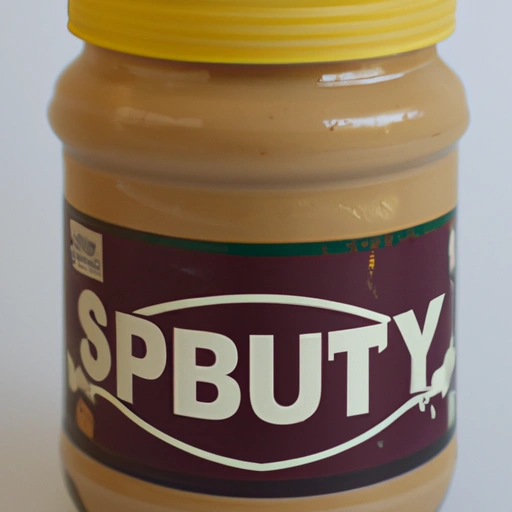Soynut Butter
Description

Soynut Butter is a spread made from roasted and ground soybeans. It mimics the texture and taste of traditional peanut butter, offering a unique alternative for those with peanut allergies or looking for a different flavor profile in their dishes. Soynut Butter is versatile and can be used in both sweet and savory recipes, much like its peanut-based counterpart.
Common uses
Soynut Butter is commonly used as a spread on toast, sandwiches, and crackers. It also features as a key ingredient in various recipes, including smoothies, sauces, and baked goods.
Nutritional value
Calories
Soynut Butter typically contains about 95 kcal (398 kJ) per tablespoon (15g).
Protein
Each tablespoon of Soynut Butter provides approximately 3.5g of protein.
Fat
The fat content in Soynut Butter is around 8g per tablespoon, with a mix of saturated and unsaturated fats.
Carbohydrates
Containing about 3g of carbohydrates per tablespoon, Soynut Butter is a low-carb option.
Vitamins
Soynut Butter is a source of Vitamin E and B vitamins, particularly folate.
Minerals
The spread is rich in minerals such as iron, magnesium, phosphorus, and potassium.
Health benefits
Soynut Butter is celebrated for its high protein content, essential fatty acids, and various vitamins and minerals. It's a heart-healthy option that can support muscle maintenance and growth, provide sustained energy, and contribute to a balanced diet.
Potential risks
Those with soy allergies should avoid Soynut Butter. Additionally, it's important to consume it in moderation due to its caloric density. Overconsumption could lead to weight gain.
Common recipes
Soynut Butter is used in recipes like soynut butter and jelly sandwiches, cookies, energy bars, and dressings.
Cooking methods
It can be easily incorporated into smoothies, soups, and sauces, or used as a thickener for stews.
Pairing with other ingredients
Soynut Butter pairs well with fruits like bananas and apples, as well as with chocolate and oatmeal.
Summary
Soynut Butter is a nutritious and versatile ingredient that serves as an excellent alternative to peanut butter. With its rich nutrient profile and allergy-friendly properties, it's an ideal choice for a variety of dishes and dietary needs.